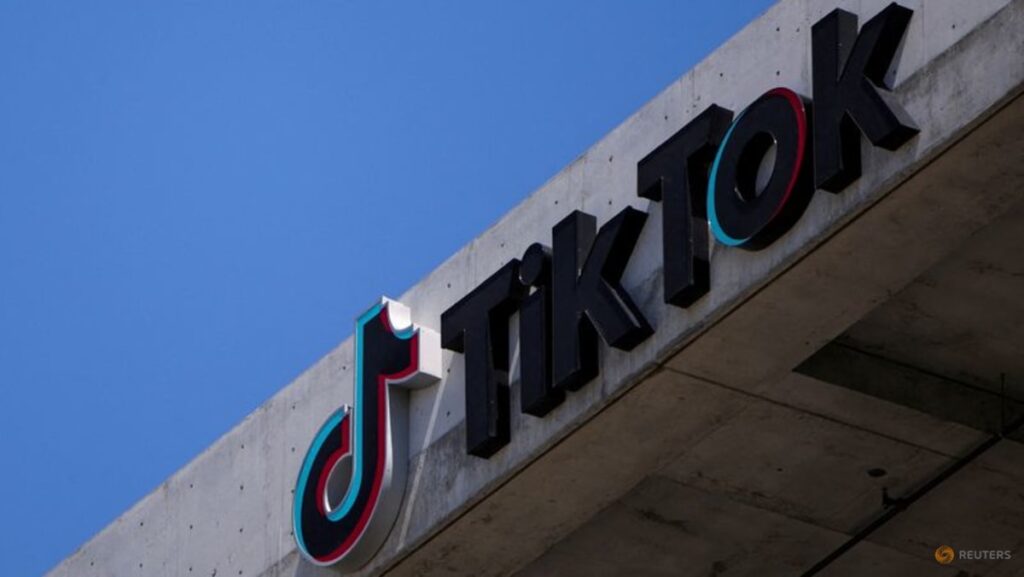For Beijing, the most immediate benefit of a deal is that TikTok avoids a nationwide ban in its largest overseas market.
While TikTok does not disclose country-level revenue, third-party estimates suggest that the US accounts for roughly 30 per cent of the platform’s in-app revenue, according to a report by US news outlet Barron’s, citing data from analytics firm Sensor Tower.
Preserving access to the US ensures not only continued revenue streams but also maintains ByteDance’s visibility in a market that is otherwise closed to most Chinese technology firms, said analysts.
The symbolic value is also significant.
TikTok has long been seen as a rare success story of Chinese tech going global, and maintaining a foothold in the US market allows Beijing to showcase that success at a time when other Chinese apps, such as WeChat and Weibo, have faced significant legal hurdles and restrictions on their operations, said Sun.
Trump took aim at WeChat during his first presidency, signing an executive order in 2020 seeking to ban it from US app stores, although the measures were later blocked in court.
Meanwhile in May this year, Weibo was among a list of Chinese companies singled out by several US lawmakers, who urged the country’s securities regulator to delist them over national security concerns, the Financial Times reported.
In addition, a minority stake and licensing rights still give ByteDance some role in operations and revenue, even if control is limited, Sun added.
In a brief statement on its official WeChat account on Sep 20, ByteDance said it would “advance relevant work in accordance with Chinese legal requirements, so that TikTok US can continue to serve the majority of US users”.
Analysts said while TikTok’s restructuring could weaken China’s direct influence over one of its most successful global platforms, it may also be a pragmatic way to protect market access, preserve revenue streams and keep the door open for future leverage in US-China negotiations.
Should China approve ByteDance ceding majority control of TikTok’s US arm, it would amount to Beijing accepting limits on its influence over the platform’s data and algorithms – areas Washington has long flagged as national security concerns, analysts said.
But Tsinghua University’s Sun pushed back against the view that this represents a loss of technological sovereignty, stressing that it is being handled as a state-level issue.
“It’s more about both sides trying to find a solution … the US is emphasising that an agreement on TikTok has been reached, but other issues may still be under negotiation,” he said.
Ping from Bond University noted TikTok’s unique position at the intersection of economics, politics and security.
He highlighted that the short-video platform is a commercial prize, with billions in revenue and global reach. “(This makes) control over its operations a strategic business, as acknowledged by President Trump,” he said.
At the same time, TikTok’s popularity and influence, particularly with younger users, make it a potent tool in global geopolitical competition, Ping added.
He said this duality reflects Beijing’s dilemma between safeguarding sovereignty and ensuring continuity for its companies overseas, adding that it boils down to whether economic continuity or sovereignty is prioritised.
“It would be a pragmatic compromise to preserve TikTok’s access to the US market and avoid a ban. (For) China, however, the loss of control, weakening influence over a globally strategic platform, would be a disaster,” said Ping.
https://www.channelnewsasia.com/east-asia/tiktok-deal-us-china-trump-xi-bytedance-national-security-5368531


